And an Elephant Named Gerald
Why you should read this children’s book that discusses bananas and existential crises
My brother, Hawk, (right) as he sounds out the words to me (left), of his favorite book in the Mo Willems’ series.
April 27, 2023
“Why is the elephant named Gerald?”
One of the first intellectual quandaries I faced as a child was the all-demanding subject of the eponymous nature of the “Elephant and Piggie” books. Despite tearing through the “Magic Kitty” series, becoming hypnotized by the fantasy of “Princess Hyacinth,” I was drawn back to Mo Willems’ seemingly inexplicable naming of his characters.
Almost every night, I would urge my father to open up the little turquoise binds, settle me on his lap, and launch into the elaborate voices of the characters I had learned to grow and love. My motivation was simple, of course: to discover why a book series titles “Elephant and Piggie,” included the sole characters a pig named Piggie, and an elephant named Gerald.
For no particular reason I at the time could pin down, the book that I listened to with the most intent, and urged for the most in the need of repetition, was one of the series titled, We are in a Book.
Before we get into that narrative, however, I feel it crucial to clarify my stance on children’s books.
In the all-important topic of children’s literature, the hot topics surround the content of the novellas. What are the characters doing? What is this unicorn’s intent? Is this chipmunk liberal propaganda? Okay, I would have to admit that I am quick to disregard these questions, easy to scoff at the amount of nuance examined in such depth of what seems so silly. I value integrity, depth, impact, and the sheer charisma of a book. I indulge in delving into a classic, and will analyze an Orwell any day of the week. I pay little mind to the ridiculous nature of literature meant for preschoolers.
I have yet to come across a book that can capture the essence of an existential crisis, while managing to make a 4-year-old crack up, within the same page.
In no means of irony, however, one of my most favorite books in the world is, in fact, the same one I have read since I was 2, that obscure tale, We are in a Book.
Essentially, the story is about very little. Put simply, Gerald and Piggie learn that they are in a book, hence the name. Painted in simplistic pastels, phrased with simplistic words, illustrating only the two animals, in an equally simple blue backdrop. The focus is purely the dialogue.
Yet, as I have continued to read and reread this tale, the same attraction that drew me to the book as a child magnetizes my attention today. The story is sweet, each character communicating simply, directly, sharing their feelings openly. At first, the simplicity appears it could sacrifice the depth of the plot.
However, upon closer inspection, of the plot, impact takes a deeper form in the mind of the analyzer. We are in a Book focuses on a straightforward setup: the characters, Piggie and Gerald, learn that they are a part of a story. The plot follows the different characters’ personalities, as they talk to each other, at first finding ways to make the reader say silly words, and laughing the next page, as a reaction. Many “bananas” later, Piggie understands the brevity of their situation, and, faced with a desperate attempt to fit the most fun in the book, allows the time within it to pass. At the end, Gerald and Piggie have come to a conclusion, to ask the reader to please reread them, and sitting in the position they started in, settling down with confidence and surety.
As a kid, I felt the animation of these characters, with feelings so openly expressed, within my hands. I have grown to understand that their candid, vulnerable communication suggests an example that there is no other way to speak to others. The tale urges honesty, not through preachy cliches, but by boisterous kindness. Everytime I landed upon the last page, my empathy would blossom. Perhaps that is why I kept reading it. To give these sweet characters another shot. To bring a bit of birth within my creative control.
The tale emulates the attributes of the great Dr. Seuss, who, in his time, was ridiculed for the lack of seriousness his books contained, instead making the tale enjoyable and speaking towards the imagination of the reader. In time, however, our society has begun to think of Suess’s stories as classics, the generation that grew with them echoing the inspiration of motivation his messages slingshotted. Similarly, Mo Willems demonstrates an equally unconventional route, asking the reader questions, examining friendship dynamics without judgment, and teaching in the best way a book can: allowing the reader to come to their own conclusions.
Ultimately, I have noticed the impact of this book on my life. I read for the memory of my father’s earnest voice, for the comfort of his lap. But I stayed for more than that. I have latched on to a permanent impact that transcends childlike comfort.
I have identified my own Piggie moments, laughed at the word bananas, and developed a deep sense of power. Not of tyranny, not of disparity, but of hope. Of the influence I can make with kindness. I have yet to come across a book that can capture the essence of an existential crisis, while managing to make a 4-year-old crack up, within the same page.
No matter your age, everyone can benefit from “Elephant and Piggie.” You can grow empathy. You can become capable of an optimism despite speculation. All due to the fact that these two characters, so seemingly different, come together to form a friendly conclusion. Towards a common goal.
I now read these books to my brothers at every opportunity they let me, in the hopes they can appreciate the kindness, whether subconsciously or not. In the end, We are in a Book is about peace. Depth. Agency. And, of course, and an elephant named Gerald.
Read the book here: https://www.goodreads.com/book/show/7846067-we-are-in-a-book#?ref=nav_comm

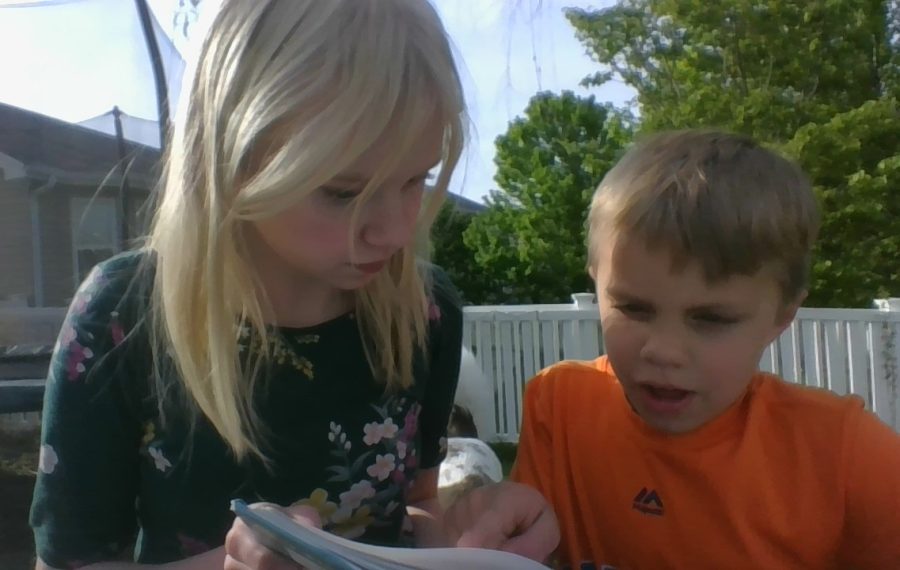

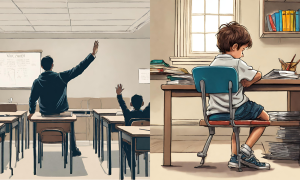
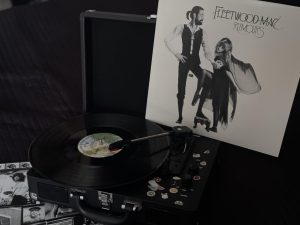
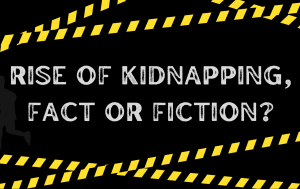
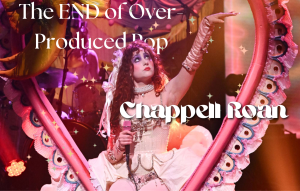

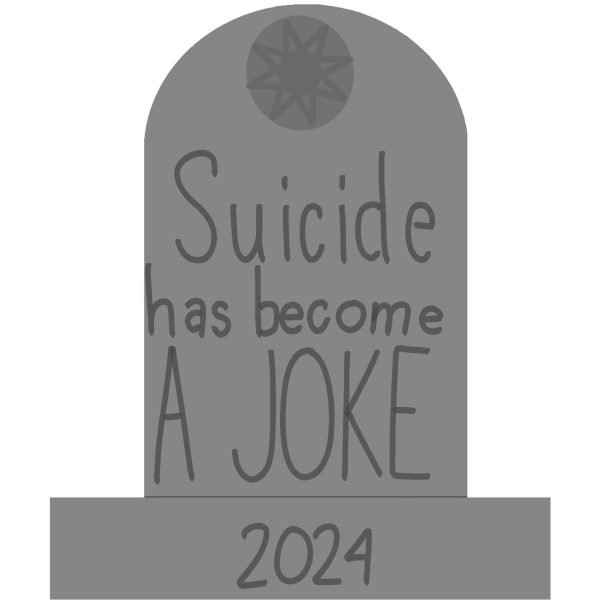
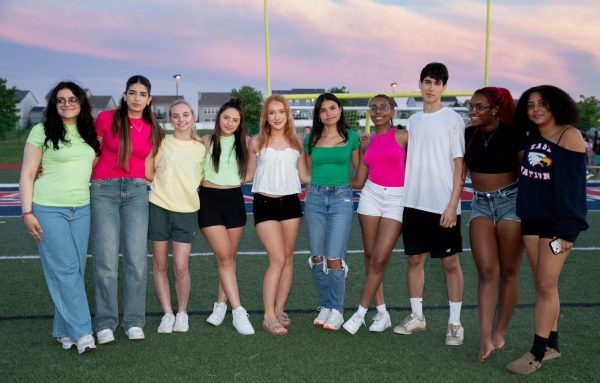
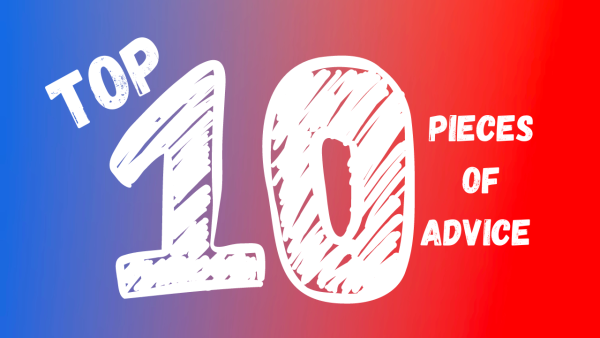

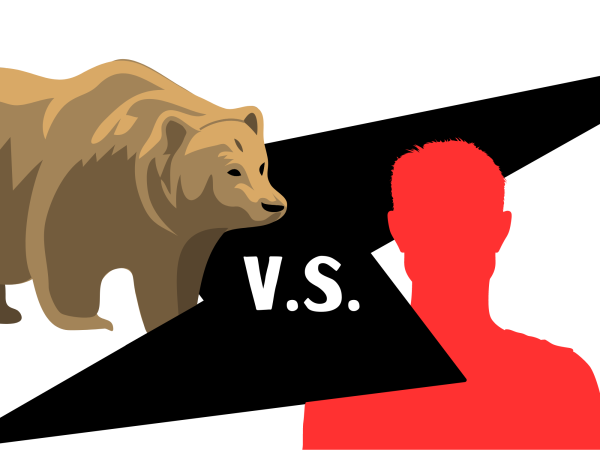
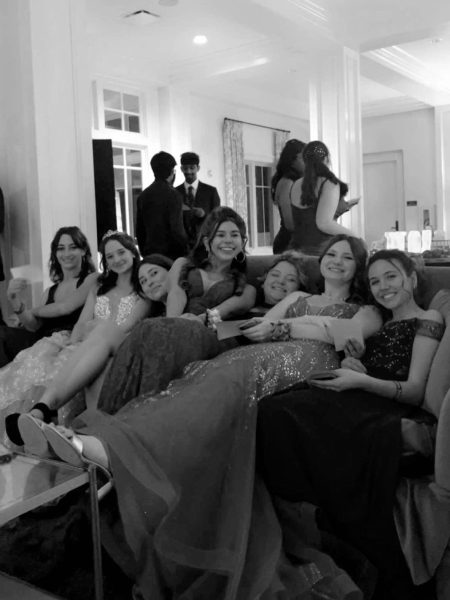
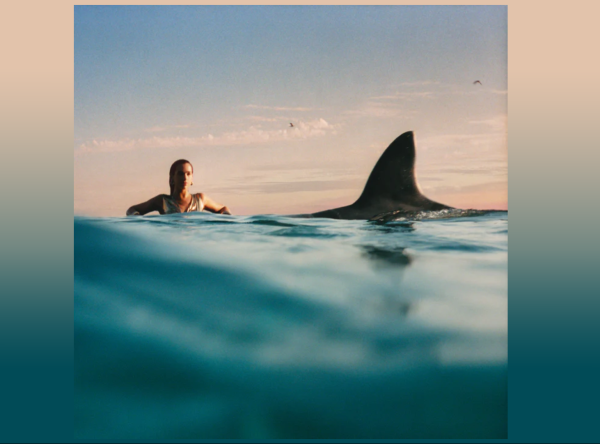


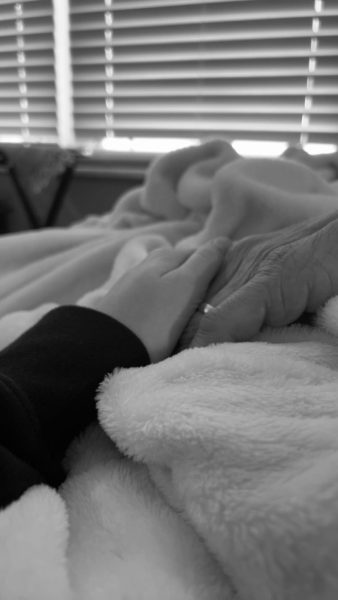
Lori | Oct 5, 2023 at 9:16 pm
Piggy and Gerald are my favorite! I read them to my children. I’m dressing up as Piggy for Halloween at my school. I’m a 6th grade teacher